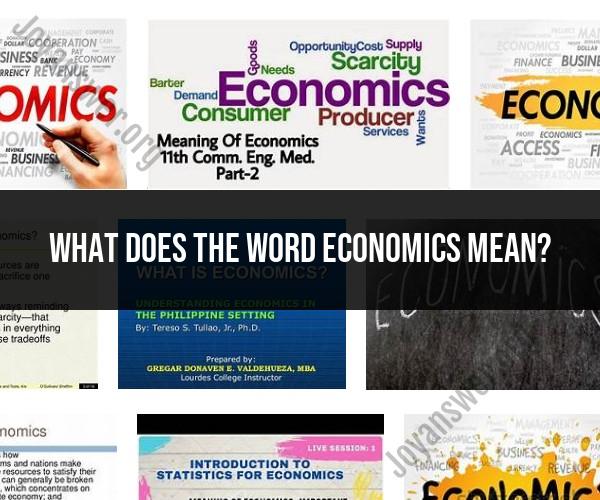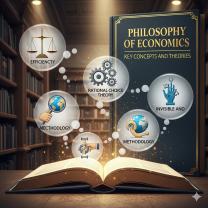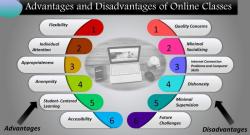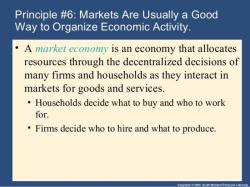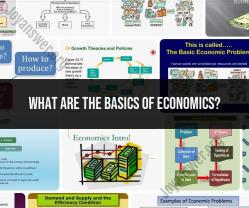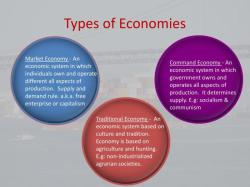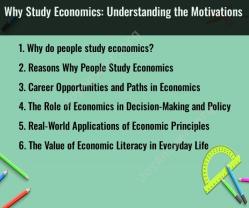What does the word economics mean?
Economics is the social science that studies how individuals, businesses, governments, and societies allocate their limited resources to satisfy their needs and wants. It involves the analysis of production, distribution, and consumption of goods and services in an effort to understand how economies function and how resources are used and distributed efficiently.
In essence, economics examines questions related to:
Scarcity: Economics recognizes that resources are limited, while human desires and wants are virtually unlimited. It explores how societies make choices in the face of scarcity.
Allocation: It looks at how resources, such as labor, capital, land, and natural resources, are allocated among various uses and industries.
Production: Economics examines how goods and services are produced, including the processes, technology, and factors of production involved.
Distribution: It analyzes how the output of goods and services is distributed among individuals and groups within a society.
Consumption: Economics explores how individuals and households make choices about what to consume and how much to save.
Market Behavior: It studies the behavior of markets, prices, supply, demand, and competition.
Policy Implications: Economics often informs policy decisions, as governments and organizations seek to address economic issues and challenges.
Economics encompasses various subfields, including microeconomics (which focuses on individual consumers and firms) and macroeconomics (which examines the broader aspects of national and global economies). It also includes specialized areas like labor economics, environmental economics, international economics, and more.
In summary, economics is the study of how societies manage resources to meet their needs and wants in the face of scarcity. It provides valuable insights into decision-making, resource allocation, and the functioning of economies at various levels, from households to nations and the global economy.
